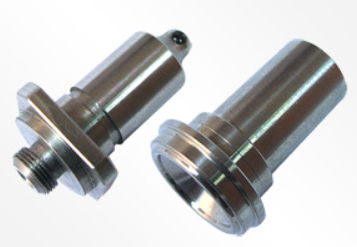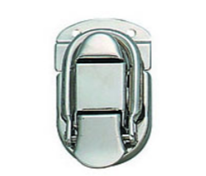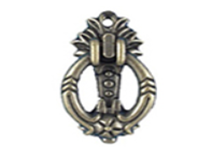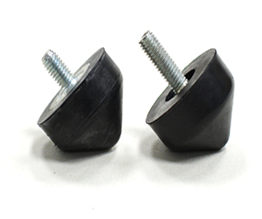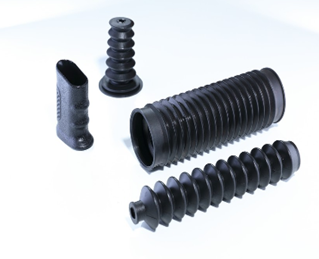Custom Parts Supplier
We offer the most innovative metalworking technology and advanced support resources to manufacturers that process large quantities of standardized components, with various machine tool configurations from which to choose, acute market knowledge, and extensive application expertise. Whether you specialize in mass-produced components for the automotive, electronic, mining, or construction industries, we have what you need to reduce your cycle times. ( CNC Lathes / -Milling Machines / -CNC Punching / -Forging / -Plastic CNC Machining )
1. CNC Lathes: A CNC lathe machine is usually used to perform and produce precise round shapes with both an Outer Diameter and an Inner Diameter. Practically all kinds of structures could be machined with this machine tool, depending on their needs in different industries. Also, you can set up the lathe so that the workpiece will be placed between the two live centers. You can also adjust the dead center to achieve a specific result.
2. Milling Machines: A milling machine is used for machining flat surfaces, contoured surfaces, surfaces of revolution, external and internal threads, and helical surfaces of various cross-sections.
3. Punching: A punching machine is also known as a manual and pneumatic. It uses pre-forming dies and pressure to make sheet metal blanks into formed products and parts. Manufacturers use automatic or manual feeders to insert sheet metal into a punch between the die and the die surface. The press descends onto the sheet metal, using the compressive force presses the material into the mold to form the desired shape.
4. Forging: Forgings are made by forcing materials into customized shapes either by the force of a falling ram upon an anvil or by a die press enclosing a piece of metal and squeeze-forming the part. Due to the realigning of the grains of metal when heated and deformed, forgings can withstand extreme pressure and maintain structural integrity under stress.
5. Plastic CNC Machining: There is plenty of plastic available for CNC machining. The most popular types are ABS, Acrylic, PC, or nylon6 parting lines which have unique properties depending on their chemical makeup as well as how they're created.
6. Plastic Injection Molding: Injection molding is the most commonly used manufacturing process for the fabrication of plastic parts. A wide variety of products are manufactured using injection molding, which varies greatly in size, complexity, and application. The injection molding process requires the use of an injection molding machine, raw plastic material, and a mold. The plastic is melted in the injection molding machine and then injected into the mold, where it cools and solidifies into the final part.
We can manufacture custom parts to the most intricate specifications or drawings, please contact us.
Raw material Supplier
Plastic refers to a set of materials that can be made from either natural or manufactured resources and can be used to make a variety of products.
(1) Meet our products: POM, ABS, PP, TPE, TPV, TPU, PA6, PA66, PA12
(2) Rubber materials: Natural rubber, SBR, BR, NBR, CR, IIR, EPDM, HNBR, FKM, ACM
(3) Renewable Materials: rPP, rPE, rABS
(4) Plastic materials in sheet and rod
Metal parts supplier
Rubber parts supplier






